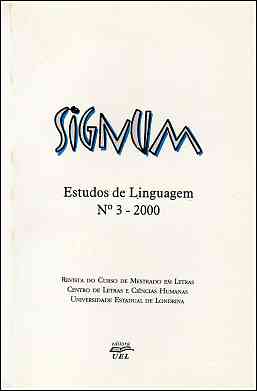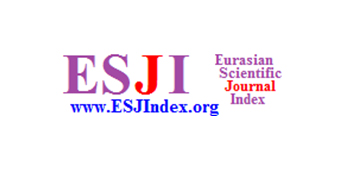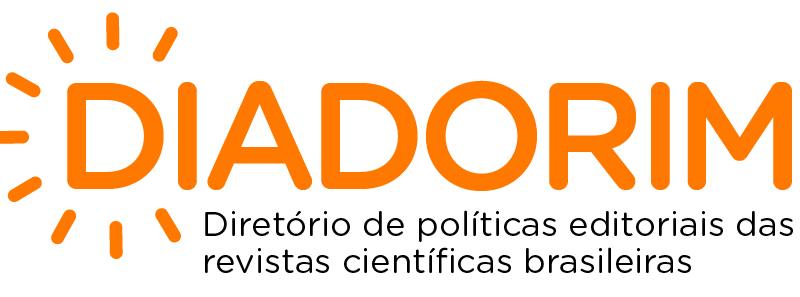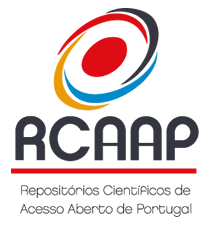Portuguese language teaching - new parameters, new paradigms. A new reality?
DOI:
https://doi.org/10.5433/2237-4876.2000v3n1p5Keywords:
Teaching of language, Linguistic studies, Discourse analysts.Abstract
Since the second half of the century, the language studies have gone through a paradigm shift. Text and discourse studies dominate the scene in research and linguistic works. It is easy to see the full command of the new approach through a simple analysis of publications and programs of scientific events in the area. In their various manifestations, enunciations have been the focus of main discussions at this end of century. Among the "linguistic disciplines" one may find the semiotic theories, especially those derived from the findings of Gréimas, and the 'analysis of discourse' being among us the most developed from the French line and based on Pêcheux. Between scholars of language, a division has been made: a line of the so-called "linguists", who still think that the linguistic studies are those dedicated to the analysis and description of the system. And, among these, there is a serious question: are the text and the speech a part of the linguistic science? On the other hand, there are the "discourse analysts" for whom the language studies only reach their objectives, their scope, when considered from the perspective of discourse. The discoveries and advances in discourse studies, unfortunately, are restricted to the academy, still not reaching those who work with the teaching of language.
Downloads
Downloads
Published
How to Cite
Issue
Section
License
Copyright (c) 2025 Durvali Emilio Fregonezi

This work is licensed under a Creative Commons Attribution-NonCommercial-NoDerivatives 4.0 International License.
This journal reserves the right to make, in the originals, normative, orthographic and grammatical modifications in order to maintain the standard language and the credibility of the publication. It will respect, however, the authors' style of writing. Modifications, corrections and suggestions of conceptual order will be forwarded to the authors, if necessary. In these cases, the papers, once appropriate, should be submitted to a new appreciation. The final examinations will not be forwarded to the authors. Works published become property of Signum, being its total or partial reprint subject to an explicit authorization of the journal. In all subsequent quotes the original source of publication should be mentioned, in case, in Photographic Discourse. Opinions emitted by the authors are their exclusive responsibility.
















